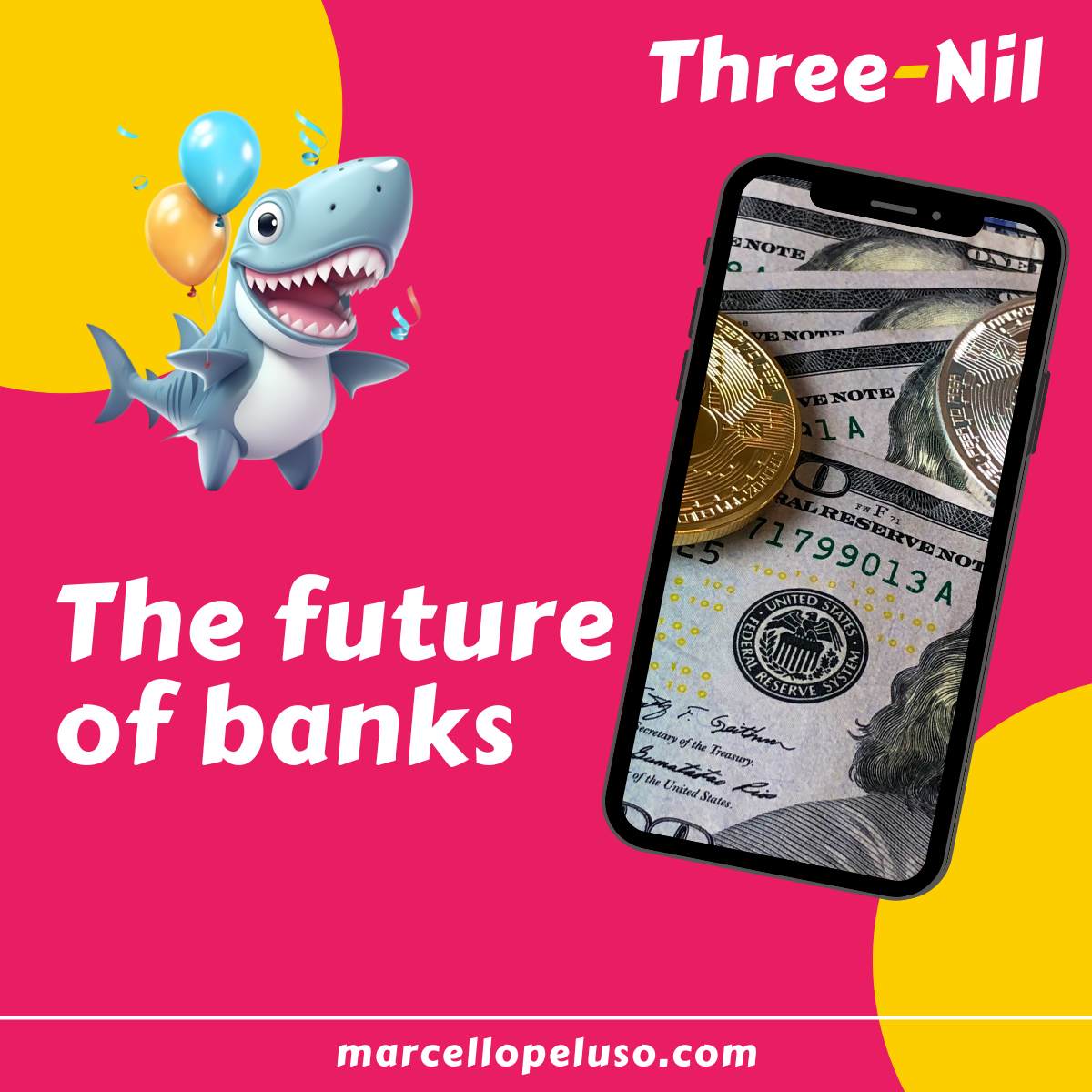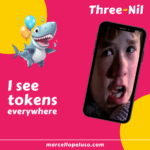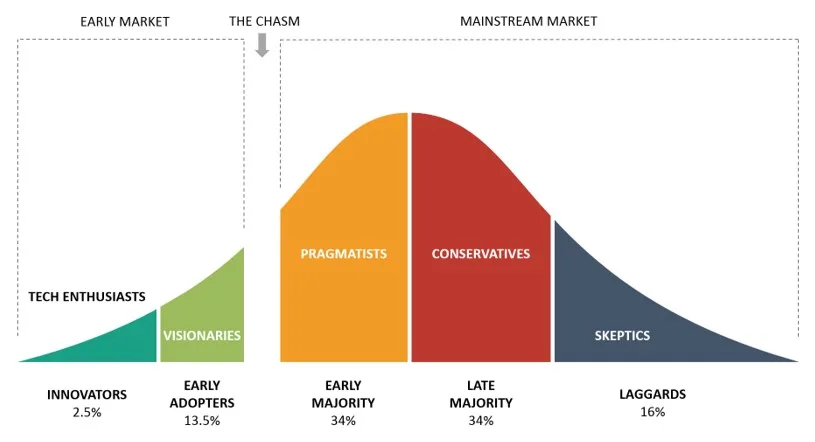
The future of banks (and our money)
27/12/2023
Let me tell you my secret: I see tokens everywhere
04/02/2024- X marks the spot
- The differentiating factor of Web 3.0
- Five Types of Web3 Gurus to Steer Clear Of
- Follow the money: from salt to loyalty points
- The future of banks (and our money)
- Password Hunt: are we truly ready to self-regulate when we use the web?
- Let me tell you my secret: I see tokens everywhere
Let’s be honest: we like to voice our opinions and engage in battles comfortably seated on the couch, complain about the government without bothering to vote, and judge others without facing judgment ourselves.
It’s somewhat inherent in human nature. Even when we live in Parliamentary democracy, we love a king, better if with full powers. We enjoy a strong man (or woman) telling us what to do and what not to do, relieving us of the burden of exposing ourselves personally, to whom we can delegate responsibilities, duties, and initiatives. The strong person gives us the alibi to be weak, the opportunity to absolve ourselves of responsibility, the right to do nothing. It soothes our conscience, and when we’ve had enough, we can always overthrow him and choose a new strong figure with the cry “the king is dead, long live the king.”
Web 3.0, in addition to decentralization, also promises significant disintermediation. Disintermediation essentially means the absence of a central authority and a form of self-management. But are we truly ready to self-govern?
Web 2.0 and Attempts at Disintermediation

In the Web 2.0 world, the disintermediation in politics showed some technical and practical limits in its implementation and, in the end, it still needed to identify representatives who could dialogue with other political forces and advocate for issues raised by common people.
Disintermediation in information, driven by the power of social networks, has done even worse, multiplying fake news, unverified information, and all kinds of media witch-hunts like a spark igniting the fire of a undergrowth of functional illiteracy that seems to involve most of common people nowadays.
Even during the Covid period, the results of disintermediation seem to have yielded no appreciable results, as the unique possibility compared to the past of expressing one’s opinion freely on the web has, in some cases, turned into the presumption that an opinion could be as valid as scientific evidence and vice versa.
The freedom granted by Web 2.0 has brought to the forefront issues that are not yet entirely resolved or where there has been a need for intervention by central institutions, such as privacy, revenge porn, social media defamation, and the list could go on.
Web 3.0 and Early Adopters
Enthusiastic comments and news about how Web3 is becoming (or has already become!) a mass phenomenon are frequently read on the web or in newspapers.
A SWG research launched in Italy in 2023 seems to confirm it: 64% of respondents claim to be ready for the change introduced by technologies. Possible, I wondered? So many?
There is a reason: Web3 includes technologies already in use, first and foremost Artificial Intelligence, which is widely talked about and already in decent use, even in Web 2.0. It’s not surprising that 80% of respondents are familiar with it.
The research also includes virtual reality, augmented reality, and the metaverse in Web3, all technologies that are likely to be used, and data suggests there is at least a widespread knowledge of them (the sample of respondents was, however, a web-based sample, naturally inclined to internet use).
The question, therefore, remains unanswered: would they be willing to use a disintermediated web?

Without invoking Everett Rogers, who in the 1960s theorized the process (and the curve) of adopting new technologies, we could say that – aside from the curiosity and enthusiasm of early adopters, the adoption of technology still has to cross the black hole of the “chasm,” or the Bermuda Triangle (or the chasm, if you will), where technologies get lost before reaching the mass market.
We have seen in the past technologies that have been lost, supplanted by others that are more functional or simply needed a process of refinement, simplification, “user-centricity,” and “user-friendliness” to reach the first beach of “pragmatists” who adopted them. In short, the key to mainstream adoption always remains the user experience.
The world of mobile telephony, the internet, and even Web 2.0 with its Social Network universe have gone through similar paths. You might also have a relative or friend in your circle who belonged to the ranks of the die-hard “I will never use a cellphone” conservatives, right? It seems like yesterday, or it was yesterday. Well, they were among the conservatives, if not skeptics. Today, they may even use the latest-generation iPhone or Samsung (if you want to have some fun reading some misadventures, click here).
And who didn’t want to join Facebook? Are you sure they didn’t succumb to the allure of Instagram, Linkedin, … or even TikTok?
Web 3.0 and Decentralization
Web 3.0 promises to be the realm of disintermediation. And while some of the open issues of Web 2 seem to have solutions, other gaps could open that would still require guaranteeing institutions. Or perhaps this is already an outdated way of thinking, still confined within certain Web2 world frameworks?
We have also seen this with virtual currencies; alongside cryptocurrencies, digital currencies issued by guaranteeing institutions or central states (the so-called CBDCs, if you missed the discussion on digital currencies, read here to delve deeper) are emerging.
The possibility of completing a transaction without necessarily relying on a central authority seems theoretically promising. But if Web 3.0 goes mainstream, adopted in everyday life by companies, professionals, and ordinary people, it means that the weaker individuals (and we will be surprised to recognize ourselves in this category!) must be protected. Because if something goes wrong, even if it’s just forgetting the password to access our wallet where all our savings are stored, in a world without intermediaries, who can we call for assistance?
